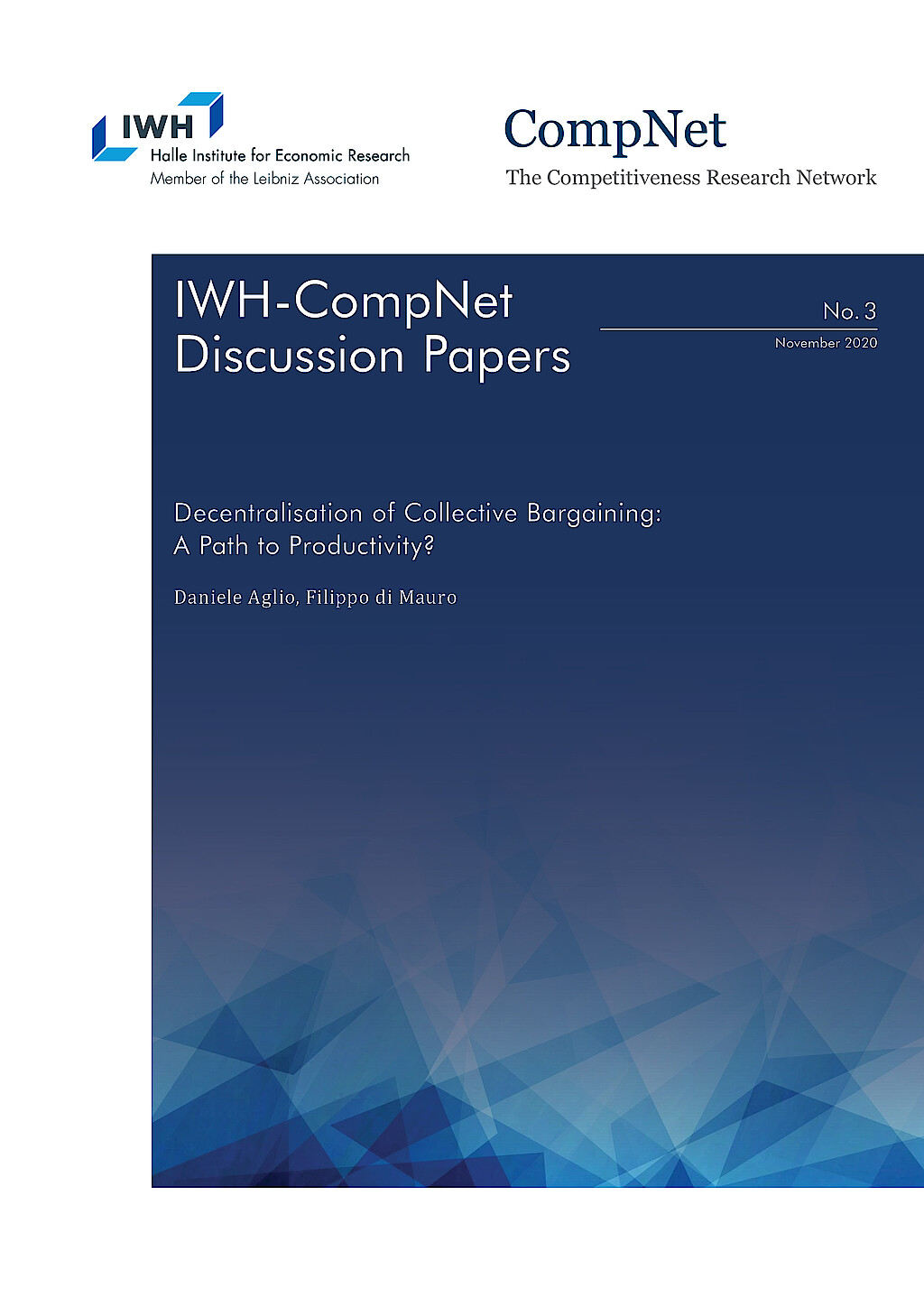
Decentralisation of Collective Bargaining: A Path to Productivity?
Productivity developments have been rather divergent across EU countries and particularly between Central Eastern Europe (CEE) and elsewhere in the continent (non-CEE). How is such phenomenon related to wage bargaining institutions? Starting from the Great Financial Crisis (GFC) shock, we analyse whether the specific set-up of wage bargaining prevailing in non-CEE may have helped their respective firms to sustain productivity in the aftermath of the crisis. To tackle the issue, we merge the CompNet dataset – of firm-level based productivity indicators – with the Wage Dynamics Network (WDN) survey on wage bargaining institutions. We show that there is a substantial difference in the institutional set-up between the two above groups of countries. First, in CEE countries the bulk of the wage bargaining (some 60%) takes place outside collective bargaining schemes. Second, when a collective bargaining system is adopted in CEE countries, it is prevalently in the form of firm-level bargaining (i. e. the strongest form of decentralisation), while in non-CEE countries is mostly subject to multi-level bargaining (i. e. an intermediate regime, only moderately decentralised). On productivity impacts, we show that firms’ TFP in the non-CEE region appears to have benefitted from the chosen form of decentralisation, while no such effects are detectable in CEE countries. On the channels of transmission, we show that decentralisation in non-CEE countries is also negatively correlated with dismissals and with unit labour costs, suggesting that such collective bargaining structure may have helped to better match workers with firms’ needs.





